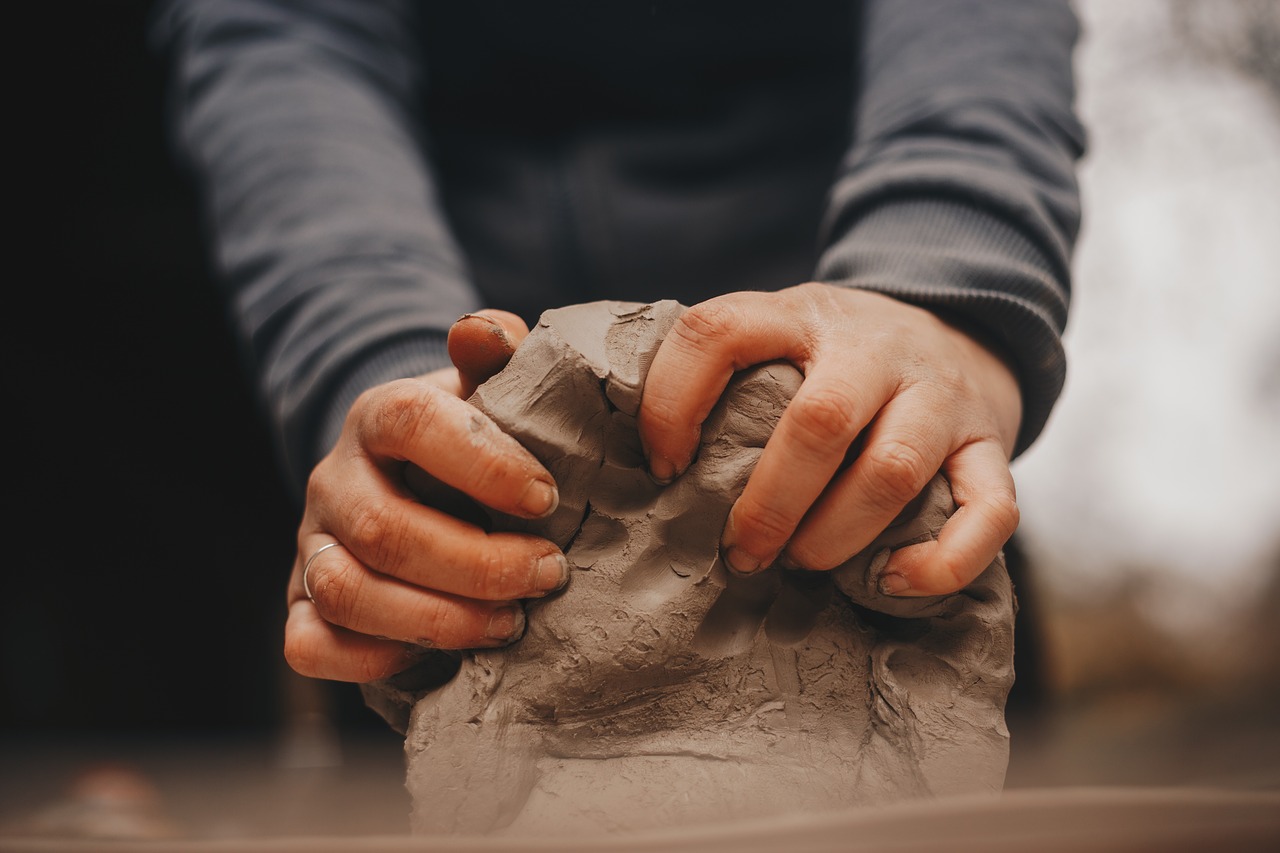I’ve noticed that there are two things that most people like: being in control and cheering for the underdog. The odd thing about that? Those two don’t go together.
To be in control means that we’re in charge and that things should go according to our plans. Underdogs mess all of that up. So while we love stories of the upset, we struggle when our stories get upset.
[Tweet “We love stories of the upset, but we struggle when our stories get upset.”]We cheer when the little guy sticks it to the man or when the small team with no scholarship players shocks the world and wins it all against the bigger and more talented team. We love that kind of unexpected turnout, but we hate the unexpected turn in our own lives.
I want to challenge you to begin to root for the upset in your life, too. In fact, I want to show you that the God you love is actually the God of the upset. Not just the “last second shot that pulls out the win” kind of upset, but the “I’ll turn your plans on their head” type of upset. And while we don’t like that kind of upset, it’s actually what we need to remind us that we aren’t called to be in control as much as we’d like to be.
Isaiah 29:15-16 is a two-verse reality check for all of us about who is really in charge of each of us. The prophet writes these words from Yahweh to His people:
Woe to those who deeply hide their plans from the Lord, And whose deeds are done in a dark place, And they say, “Who sees us?” or “Who knows us?” You turn things around! Shall the potter be considered as equal with the clay, That what is made would say to its maker, “He did not make me”; Or what is formed say to him who formed it, “He has no understanding?” (Isaiah 29:15-16 NASB, emphasis mine)
The middle phrase — “You turn things around” — unlocks the powerful message in these two verses. The Hebrew word for “turn” — “hophek” — isn’t found anywhere else in Scripture, and it means “an upset; a turning of things upside down.” In the context of plans and pottery, what the Lord is telling His people — me and you — is that we’re foolish to make our plans as if He doesn’t see us. Not only that, but when we do make plans in secret, we work against the potter who turns things around, upside down, and upsets the status quo of our lives in order to accomplish His plans in us and through us.
[Tweet “Sometimes God needs to upset us more than our enemies.”]He’s the God of the upset, and in this passage, that means He’s upsetting us more than upsetting our enemies. Of course, we know from other passages that God is on the side of the small and the marginalized, and that He can snatch victory from the jaws of defeat. But we can’t yell for that upset without also yielding to the upset that takes place on the potter’s wheel.
But yield we must because until we do, our lives are just lumps of clay. It’s in the turning, the molding, and the upsetting that the Master reveals the pottery that is useful in His hands.
Selah.






